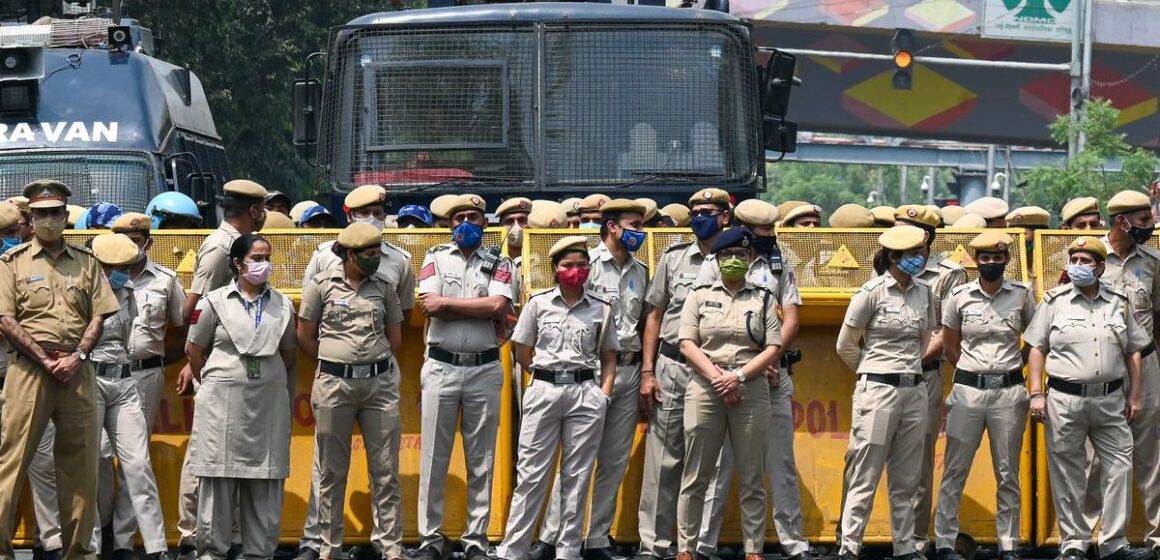In a decisive action aimed at upholding the integrity of the electoral process, the Mumbai Police transferred 111 inspector-rank officers out of the city on October 5, 2024. This step followed an explicit directive from the Election Commission of India (ECI), which had raised concerns over the extended tenure of these officers within the city police.
Election Commission’s Directive
The ECI’s guidelines mandate that police officers who have served more than three years in a particular area must be transferred ahead of elections. This policy aims to mitigate any undue influence these officers might exert during the election period. The ECI had previously requested an explanation from the Mumbai Police regarding the delay in implementing these transfers, indicating the importance of adhering to electoral integrity.
In light of this directive, the Chief Secretary and Director General of Police (DGP) were instructed to submit an action-taken report by August 20, 2024. This led to heightened scrutiny on the Mumbai Police’s handling of the situation, emphasizing the need for immediate compliance with ECI regulations.
Transfer Orders Issued
Responding to the ECI’s concerns, the Mumbai Police issued transfer orders for 111 inspectors who had been stationed in the city for over three years. The decision to relocate these officers reflects a commitment to ensuring an unbiased electoral process, free from potential influence or favoritism.
The transfer of these inspectors is vital not only for maintaining public trust in the electoral process but also for safeguarding the democratic rights of citizens. By moving these long-serving officers, the Mumbai Police aims to create a fresh and impartial law enforcement environment during the elections.
Implications of Transfers on Election Integrity
The transfers are crucial in the context of maintaining the neutrality of police forces during elections. With the upcoming elections, the possibility of long-serving officers leveraging their established connections could pose a threat to the fair conduct of the electoral process. Therefore, relocating these officers serves as a precautionary measure.
Historically, similar transfers in other regions have proven effective in preventing biased conduct during elections. The ECI’s proactive approach in this instance underscores its commitment to upholding democratic principles across the nation.
Public and Political Reactions
The decision to transfer 111 inspectors has drawn mixed reactions from the public and political parties alike. While some welcomed the move as a necessary step to ensure a transparent electoral process, others questioned the delay in action by the Mumbai Police.
Political analysts have noted that such transfers can significantly impact the dynamics of law enforcement in the lead-up to the elections. The public’s confidence in the police’s ability to remain neutral will be closely monitored as the elections approach.
The Role of Mumbai Police in Upcoming Elections
With the transfers in place, the Mumbai Police are now tasked with ensuring law and order during the elections. Newly appointed officers will need to adapt swiftly to their roles to manage security effectively.
The ECI is expected to keep a close eye on the implementation of its guidelines, reinforcing the notion that adherence to these regulations is paramount for a fair electoral process.
The transfer of 111 inspectors from the Mumbai Police is a critical development in the lead-up to the elections, reflecting a strong commitment to electoral integrity. By complying with ECI directives, the Mumbai Police ensures that the electoral process remains fair, transparent, and free from undue influence. As the election date approaches, the focus will remain on the effectiveness of law enforcement in upholding democratic values.


Leave a Reply